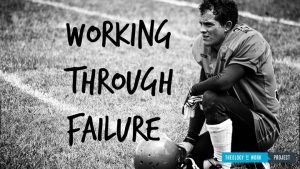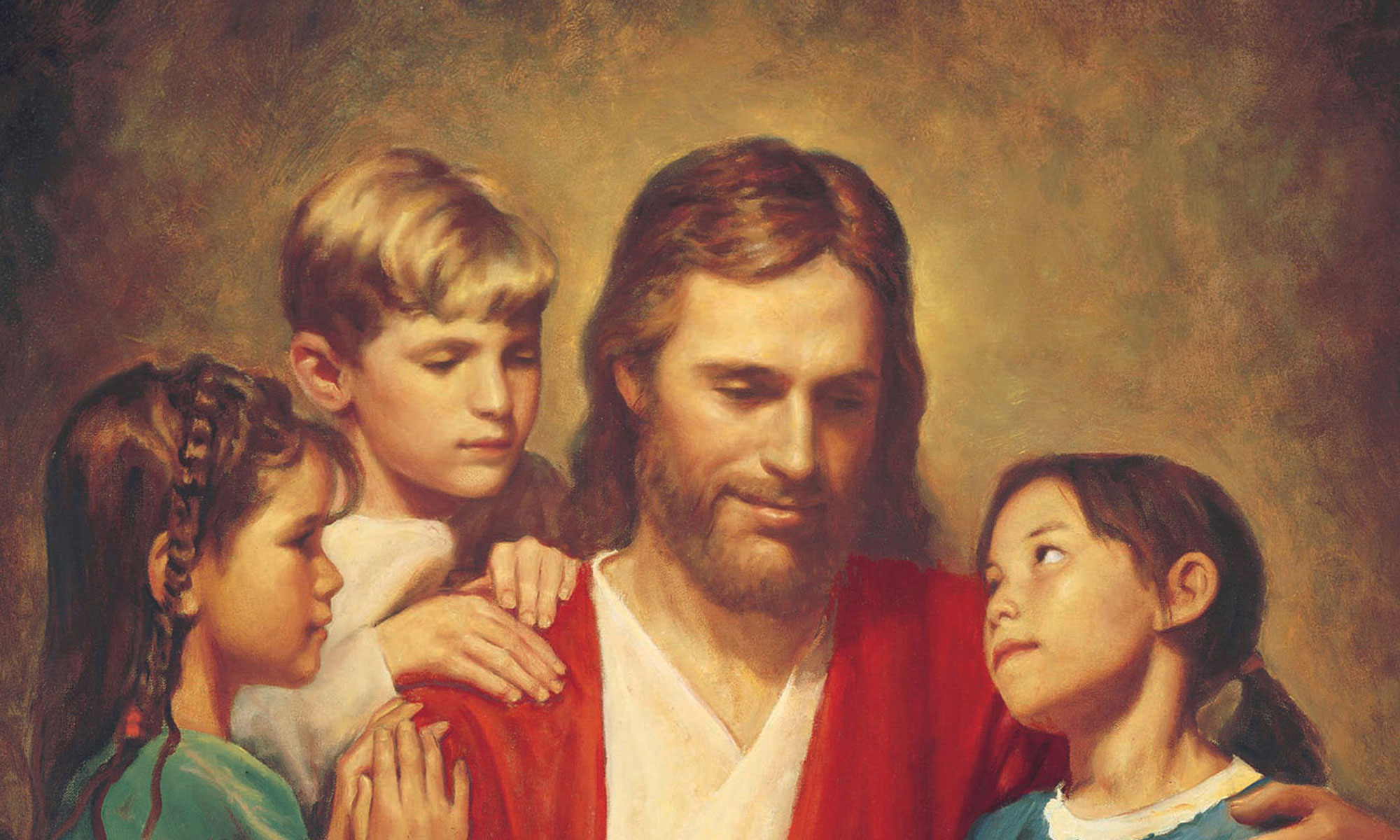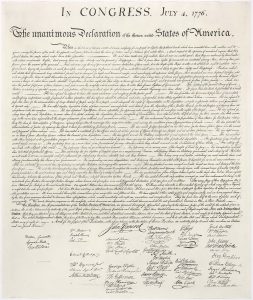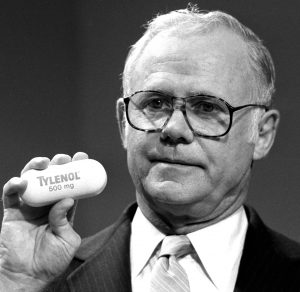
A devotional from Theology of Work Project
Day 1
Success and Failure Don’t Define Who We Are
Many think the apostle Paul was successful. Because of his work, the gospel spread rapidly throughout the Roman Empire. Within 100 years of his death, strong churches existed everywhere he had been. But few in Paul’s day, including Paul, would call him a success. Paul evidently was not much to look at or listen to. By his own admission, at best he was a so-so speaker. His work often got him in trouble, which led to beatings, imprisonment, and getting thrown out of town.
Then-prevailing standards of success or failure didn’t much matter to Paul; he didn’t use them to measure his personal worth or his work. Interestingly, Paul still says that he had to learn to be content with his circumstances. He didn’t start out with that attitude. It’s not human nature to be happy despite our circumstances; we want to be happy because of our circumstances
But as a result of Christ’s transforming presence in our lives, we can learn to shift the source of contentment (and discontentment) from circumstances to God. We are His beloved sons and daughters—loved for our place in Christ, not because we succeed or fail. That is our truest source of joy.
In his book, Winning Smart After Losing Big, entrepreneur Rob Stearns echoes this perspective regarding his own failures. Stearns writes that there’s a big difference between experiencing a failure and being a failure: “You are the same person after your loss as you were before your loss.” It is strength of character that enables us to get up and keep moving when we’ve failed.
But where do we find strength to move forward? Paul freely acknowledged that such strength is not native to his soul. It came to him from Christ. “I can do all this through him who gives me strength” (Philippians 4:13, NIV). Hardships and failures taught the apostle to ask for strength. He learned to “fail forward” into the everlasting arms of God.
Prayer
God, as I face failure, I pray that I would find my value in who you say I am. Help me draw strength and joy from your everlasting arms. Thank you for your unchanging love. Amen.
Day 2
Learning from Your Mistakes
In Matthew 5:4, Jesus states, “Blessed are those who mourn, for they will be comforted.” As we reflect on our failures, we can receive this promise.
Failure can be the result of others’ actions, circumstances beyond our control, our own actions, or a combination of all three. While failure is no fun, it can benefit us in the long run. When mourning our mistakes compels us to make ourselves right with God and others, God comforts us and our relationships improve.
For those who struggle with perfectionism, grieving humbles us and puts us in touch with our humanity. Anxiety-driven striving alienates us from our emotions. Allowing ourselves to feel unadulterated sadness dispels this anxiety and the stress that comes with it.
Feeling sadness is uncomfortable. Without the emotional blessing of sadness, however, we would probably never muster the guts to admit our mistakes. But when we do admit mistakes, we may be surprised how often people are ready to forgive us. If we make a mistake with a colleague, student, customer, employee, or other person, we can admit it, ask their pardon, and commit to learning from our mistakes.
Of course, we must also deal with our failures in prayer. We can ask for forgiveness first, and then for the wisdom, courage, and perseverance to meet future challenges. Failure teaches us that we must depend on God’s living power. Faith in Christ enables us to do through God’s power what we could not otherwise.
Prayer
Dear God, thank you for this opportunity to grow. I pray for the wisdom, courage, and perseverance to properly mourn and learn from my mistakes. Amen.
Bible Verse
Matthew 5:4
Blessed are they that mourn: for they shall be comforted.
Isaiah 40:31
But they that wait upon the Lord shall renew their strength; they shall mount up with wings as eagles; they shall run, and not be weary; and they shall walk, and not faint.
Day 3
Success and Failure as Part of Life
It’s easy to blame ourselves or those around us for failures. However, we should not fool ourselves into thinking that failure is always a result of our shortcomings. Nor should we believe that success is exclusively due to our merits. Success or failure may be due to chance.
For example, Microsoft had a crack at success largely because of IBM’s offhand decision to use the MS-DOS operating system for a backwater project called the personal computer. Bill Gates later reflected, “Our timing in setting up the first software company aimed at personal computers was essential to our success. The timing wasn’t entirely luck, but without great luck it couldn’t have happened.” Asked why he had started a software company just at the time IBM was trying its luck with a personal computer, he replied, “I was born at the right place and time.”[1]
This is not to say that hard work and ingenuity aren’t important. They prepare us to make the most of the chances we get in life, and they may create opportunities that otherwise wouldn’t exist. Yet one who succeeds at work may be no more deserving than another who fails.
If our response to success is solely self-congratulation, we are practicing idolatry. If our response is thankfulness, then we are worshipping God. If our reaction to failure is despair, then we are feeling the hollowness of a broken idol. But if our reaction is perseverance, then we are experiencing the gracious power of God.
Prayer
Faithful Father, some circumstances are not in my control, though I often wish they were. Thank you for the opportunities and skills that have allowed me to succeed (in big ways and in small ways) in the past. After the sting of failure, help me to pick myself up and move forward with what I’ve learned. Amen.
Bible Verse
Ecclesiastes 9:11-12
11 I returned, and saw under the sun, that the race is not to the swift, nor the battle to the strong, neither yet bread to the wise, nor yet riches to men of understanding, nor yet favour to men of skill; but time and chance happeneth to them all.
12 For man also knoweth not his time: as the fishes that are taken in an evil net, and as the birds that are caught in the snare; so are the sons of men snared in an evil time, when it falleth suddenly upon them.
Day 4
God Accomplishes His Purposes
Sometimes work is thwarted by our weakness. We fall short of the mark. If we recognize that our work is hobbled by disobedience, resentment, laxity, fear, selfishness, and other ailments, we can find comfort in the stories in the Bible.
Consider the list of names in Hebrews 11: Abraham, Samson, David, and more. When we read their stories we can clearly see their failures which were often significant. For example, if we read about Barak’s timidity as a general (Judges 4:8-9, NIV) through human eyes, we likely would see no faith at all. Yet God sees these heroes’ faith through his eyes and credits their success to his grace, not their own accomplishment.
The story of Jonah is another example. Jonah ran away from God by boarding a ship going in the opposite direction God told him to go. Yet even Jonah’s small, halting moments of obedience to God end up blessing those around him. On the ship he acknowledges, “I worship the Lord, the God of heaven” (Jonah 1:9, NIV) and sacrifices himself for the sake of his shipmates.
As a result the others on the ship are saved from a storm, and they become followers of the Lord. “The men greatly feared the Lord, and they offered a sacrifice to the Lord and made vows to him” (Jonah 1:16, NIV). God accomplishes the fullness of his mission through Jonah’s halting, flawed, intermittent service. By God’s power, even our poor service may accomplish everything that God intends.
We can take heart in these examples when we’ve stumbled. We may have spoken harshly to a coworker, been impatient with a student, ignored our responsibility to our family, or done our work poorly. But we have faith that God is able to bring about his intent for the world even in the midst of our weakness and failure.
Prayer
Father, thank you that I am no different from any other person who has served you. We have all sinned and fallen short at times. Yet, you still use our efforts to accomplish your purposes. You are a great God. Amen.
Day 5
Don’t Dwell
In Luke 22, we glimpse a conversation between Peter and Jesus. It begins with bad news, namely, that Satan intends to “sift all of you as wheat” (Luke 22:31, NIV). Peter boldly claims that he is ready to go to prison with Jesus, even to die with him. Jesus responds with a chilling prediction: “Peter, before the rooster crows today, you will deny three times that you know me” (Luke 22:34, NIV). Luke does not report Peter’s response, but surely Peter is distressed, whether he believes Jesus or not.
However, we find encouragement in this passage. Right after Jesus says that he has prayed for Peter, he adds, “And when you have turned back, strengthen your brothers” (Luke 22:32, NIV).
Jesus is certain Peter is going to fail. But it doesn’t keep him from assigning to Peter the task of strengthening his fellow disciples. Jesus sees beyond Peter’s obvious faults and upcoming failures. He sees that which is good in Peter, his strength, faith, and compassion. He knows that Peter will be the one to build up his fellow disciples, in spite of the fact that Peter himself will fail along the way.
What an encouragement this is for us! We know our weaknesses. We know how many times we fail to live up to God’s standards. We are broken, sinful people. Yet Jesus sees beyond our faults and failures. Jesus calls us into his service, not because he has an unrealistic picture of us, but because he sees us fully. He sees that we are bound to make mistakes. At the same time he sees us as gifted for service in his ministry.
It’s important to learn from our mistakes, but we can’t let them become obstacles. We have to move forward, trust God for both forgiveness and guidance, and prepare for what’s next.
Prayer
Heavenly Father, help me learn from my mistakes. And when I’ve received your forgiveness and guidance, strengthen me to move forward, knowing that you see me and call me into a life of purpose. Amen.









